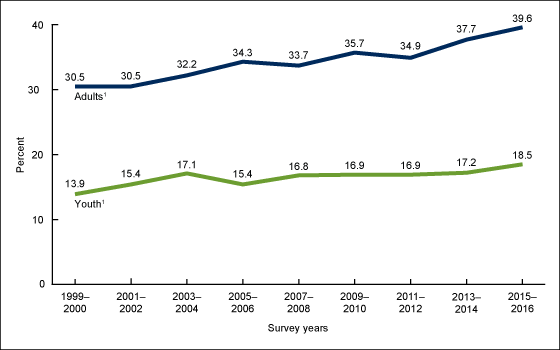How would you define work? (really think about it!)
A basic definition is “effort exerted to accomplish a task”. In our lives, the work we do is our livelihood. We exert effort to grow our businesses and (usually) we are compensated with money.
So, then what work would be considered meaningless? Maybe something we do that doesn’t contribute to our growth or something that we aren’t compensated for?
Would washing dishes be considered meaningless? Clearly not, because sanitation is important for our safety. We wash dishes because we do not want to die from dysentery; that seems like a meaningful reason to me!
So, if work that helps us grow, or pays us, or keeps us safe has meaning, then surely something like making your bed could be considered meaningless work? Think again. Admiral McKraven, a former Navy SEAL, says it might be the most important thing you do all day! (Watch this clip from his commencement speech at UT Austin)
Hopefully you see by now that all work has inherent meaning. But it’s one thing to see it, it’s another to feel it.
Feeling connected to our work–whether it’s crunching numbers, or upholding sanitation, or tucking in the sheets–is how we feel connected to our world. Or maybe it’s the other way around: when we feel connected to our world, we feel more connected to our work. Either way you look at it we are suffering from a disconnect. If our work feels meaningless, then that’s not saying much about how we feel about our lives.
Where did we lose the meaning?
My hunch is that meaning was lost when we became obsessed with doing things the easy way. Hand-held electronic devices, automatic dishwashers, and prepackaged meals took away our drive to reach out to people in-person, to be responsible for our own sanitation, and to pour our hearts into nourishing our bodies, respectively. The idea of pushing a button instead of exerting actual work was alluring, but now we are missing the value gained from actual work.
The ability to buy a prepackaged meal allowed us to ignore the work involved with planning and prepping fresh whole food. And then we stopped thinking about where it came from, and what was in it, and how it got here.
Sadly, this spiral has put us into a national health crisis. The CDC’s 2017 report on obesity found that “the prevalence of obesity in the United States remains higher than the Healthy People 2020 goals of 14.5% among youth and 30.5% among adults”… a lot higher. (source: cdc.gov/nchs/products/databriefs/db288.htm)

But we hear about our country’s problem with weight and (lack of) healthy diets all the time. It’s not news. And unfortunately this is only one symptom of our disconnectedness. We are also hearing staggering reports of anxiety, drug use, and violence among American adults and children.
Regardless of how we got to this point, I think it’s time we consider how to overcome this disconnection between meaning and work (and life). In order to create a cultural shift we each need to open our eyes and start making more connections. Here are a few resources that have helped me become more mindful of connection. Please let me know if you have others you’d like to share!
- Designing Your Life, by Bill Burnett and Dave Evans
- Savor: Mindful Eating Mindful Life, by Thich Nhat Hanh
- Animal, Vegetable, Miracle: A Year of Food Life, by Barbara Kingsolver
- The Gifts of Imperfection, by Brene Brown
- Headspace, a meditation App
Completing tasks without meaning is merely creating the illusion of productivity. In reality, this disconnection makes us less engaged, less creative, and less able to think critically. We become less effective in our work and we struggle to find happiness in our lives.
If we can find meaning in a task as inspiring and fulfilling as making the bed, then we can live a meaningful life of inspiration and fulfillment. Or maybe it’s the other way around.
